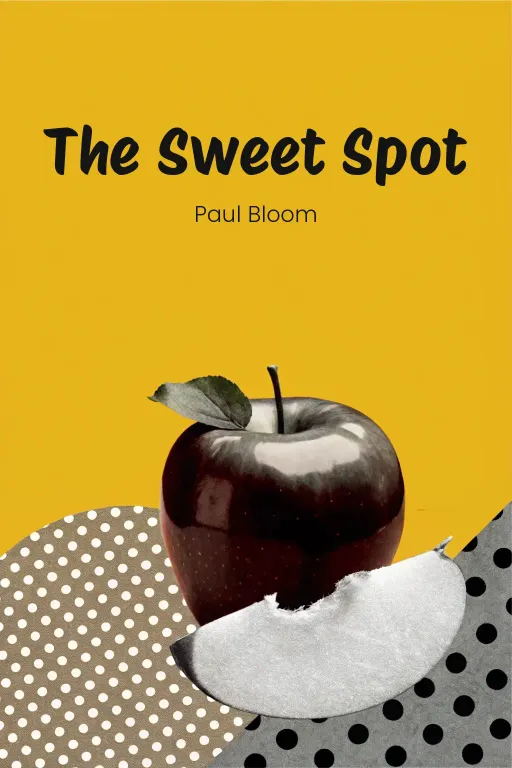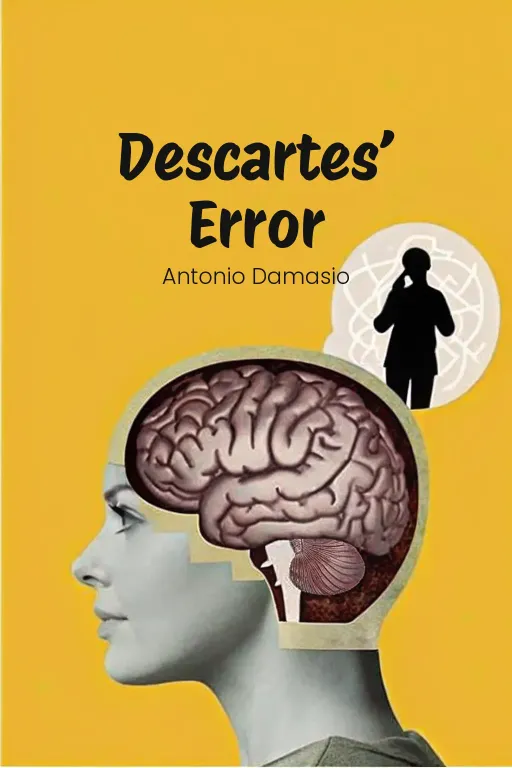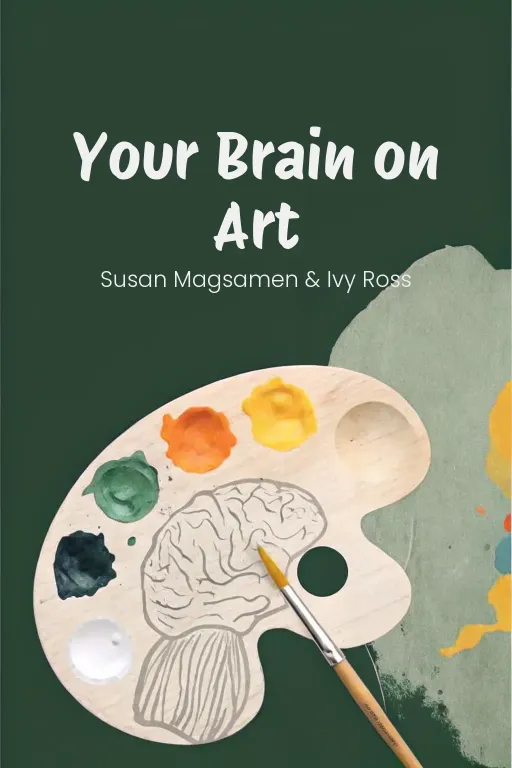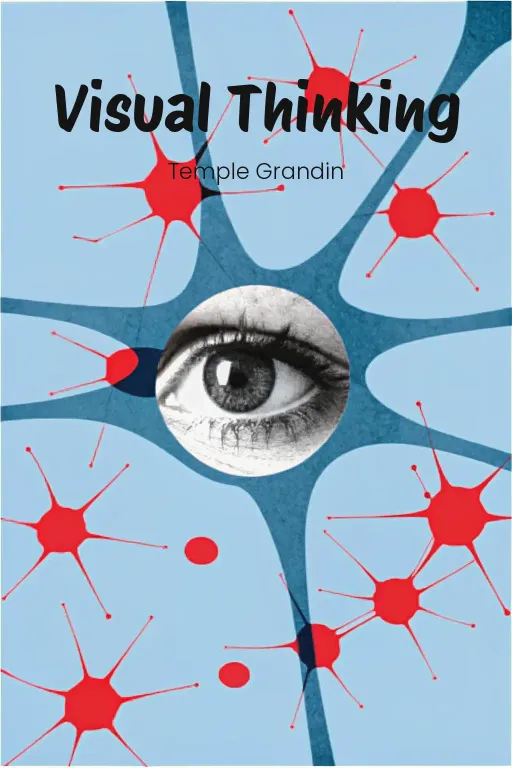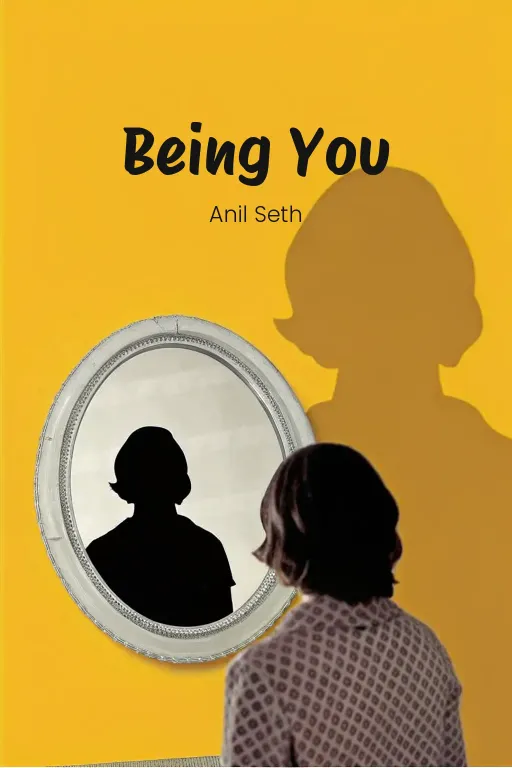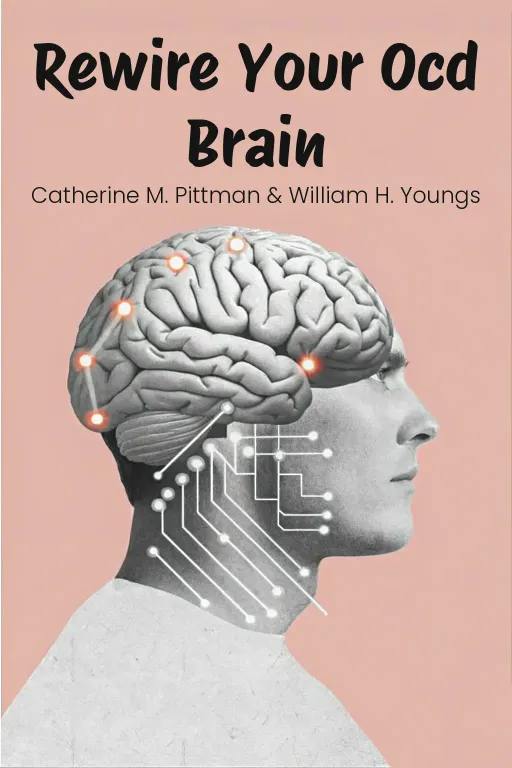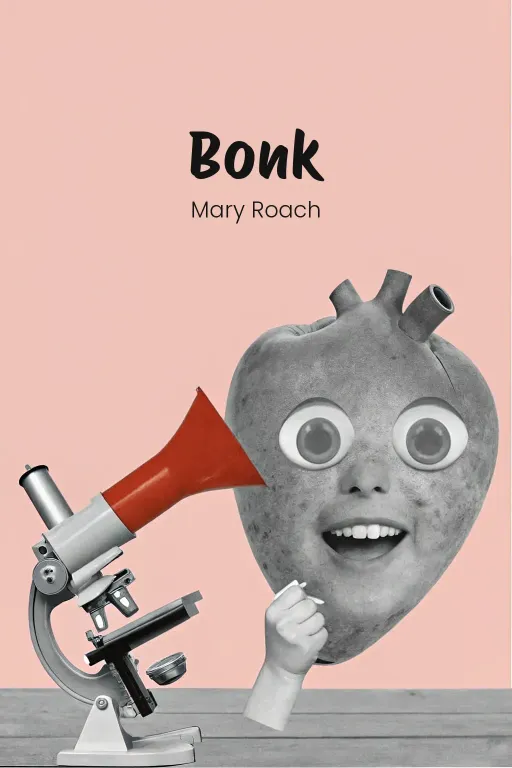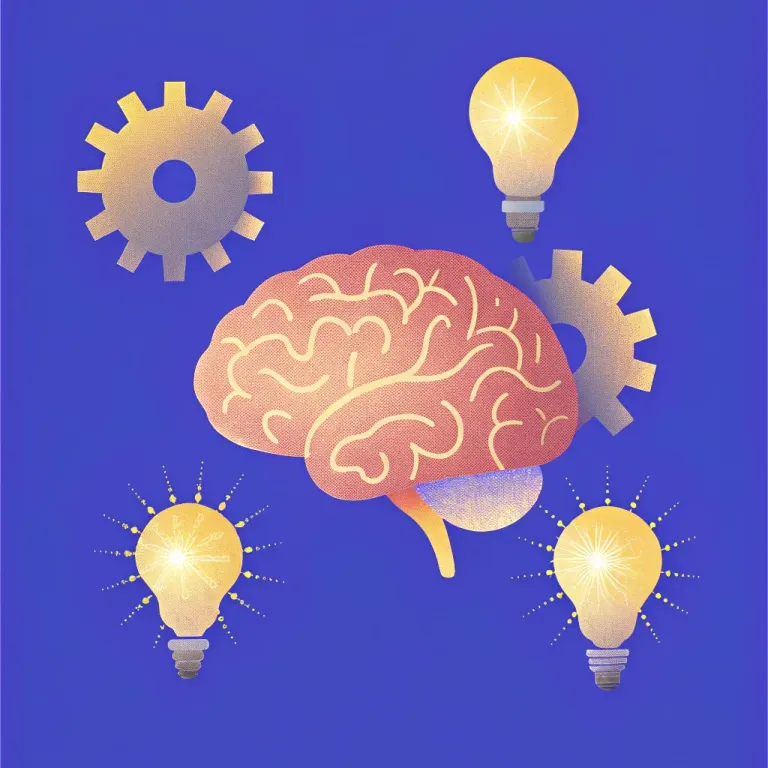
Beyond the Brain: Think Smarter Now
Podcast by Five Percent Happier with Autumn
The Power of Thinking Outside the Brain
Beyond the Brain: Think Smarter Now
Autumn: Today we're diving into 'The Extended Mind' by Annie Murphy Paul, exploring a radical idea: we think far better when we stop trying to do it all inside our heads. Autumn: What problem does this book solve? Our deep-seated belief that thinking only happens in the brain. We're told 'use your head,' push harder, focus intensely. But for busy professionals, this brain-bound approach often leads straight to burnout, creative blocks, and feeling stuck staring at a screen. We hit walls of frustration, trying to force solutions through sheer mental effort alone, ignoring powerful thinking resources readily available. We think the answer is more brainpower, but maybe the real solution lies elsewhere, just beyond our skulls. Autumn: Paul’s solution flips this on its head: our minds naturally extend into our bodies, surroundings, and relationships. Think about your body – ever had a 'gut feeling' before a big decision? That's interoception, crucial signals guiding your reasoning. Tuning in, maybe with a quick body scan, can sharpen choices more than hours of analysis. And movement? It’s not procrastination! Getting up for a walk actually unlocks creativity and shifts how your brain works. Even gesturing while you talk helps cement ideas. Now, consider your surroundings. Does your workspace drain you or energize you? Spending time in nature, or even just having plants nearby, restores focus and boosts creativity. Thoughtful design fosters thinking, while sterile or distracting environments hinder it. Getting thoughts out of your head is also key. Sketching ideas, taking notes by hand, using physical models – these aren't just memory aids; they literally offload cognitive work, freeing your brain for deeper insights. Finally, we genuinely think better together. Explaining an idea to someone else forces clarity. Engaging in respectful debate sharpens your reasoning. Our relationships aren't separate from thinking; they are part of our cognitive toolkit, helping us see problems in entirely new ways. Autumn: So, here’s your immediate takeaway: next time you hit a mental wall on that tricky report, don't just grind harder. Try one 'extended mind' trick. Step outside for a five-minute walk. Doodle the problem on a notepad. Notice how engaging your body or space shifts your thinking. It might just unlock that solution and make you five percent happier.


